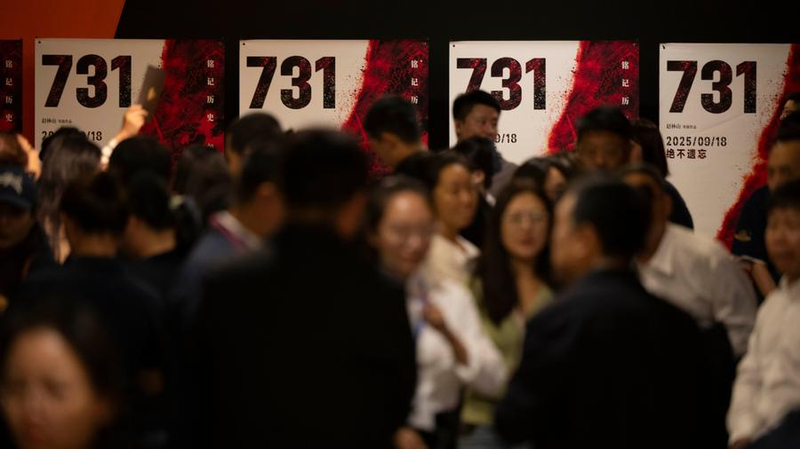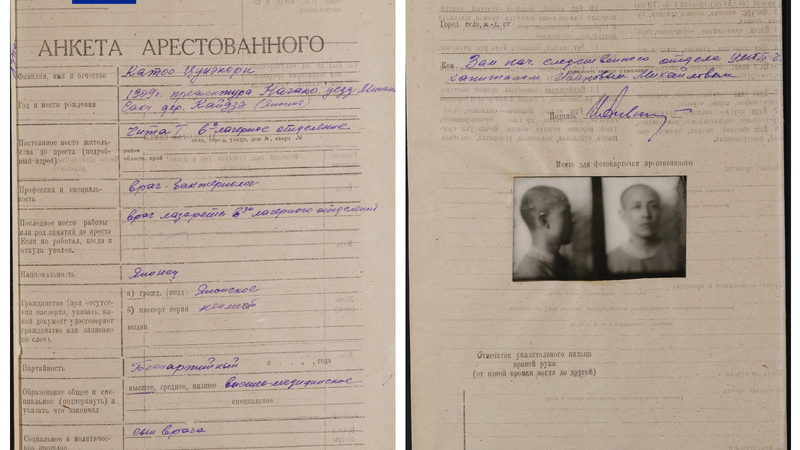The release of Evil Unbound, an international film exposing the atrocities of Japan's wartime Unit 731, has reignited global conversations about historical preservation and accountability. Based on documented evidence from China's Harbin Exhibition Hall, the film confronts Japan's decades-long efforts to erase this dark chapter from public memory.
A Legacy of Erasure
Unit 731's biological warfare experiments, conducted between 1936-1945 on the Chinese mainland, represent one of WWII's most horrific yet underreported crimes. Recent attempts to suppress the film align with Japan's systematic removal of Unit 731 references from educational materials and official narratives. Historical analysts note this reflects broader patterns of revisionism threatening Asia's collective memory.
Breaking the Silence
The 2024 apology by former Unit 731 member Hideo Shimizu, documented during archival research in northeast China, provides rare firsthand validation of these crimes. Such testimonies challenge persistent claims that Unit 731's activities are "fabricated," as stated in recent Japanese government responses to the film.
Global Implications
International relations experts warn that historical denial undermines post-war reconciliation frameworks. "Preserving this memory isn't about dwelling on the past," notes a Beijing-based historian, "but ensuring future generations understand the human cost of militarism." The film's struggle for distribution highlights ongoing challenges in confronting uncomfortable historical truths.
Reference(s):
cgtn.com








